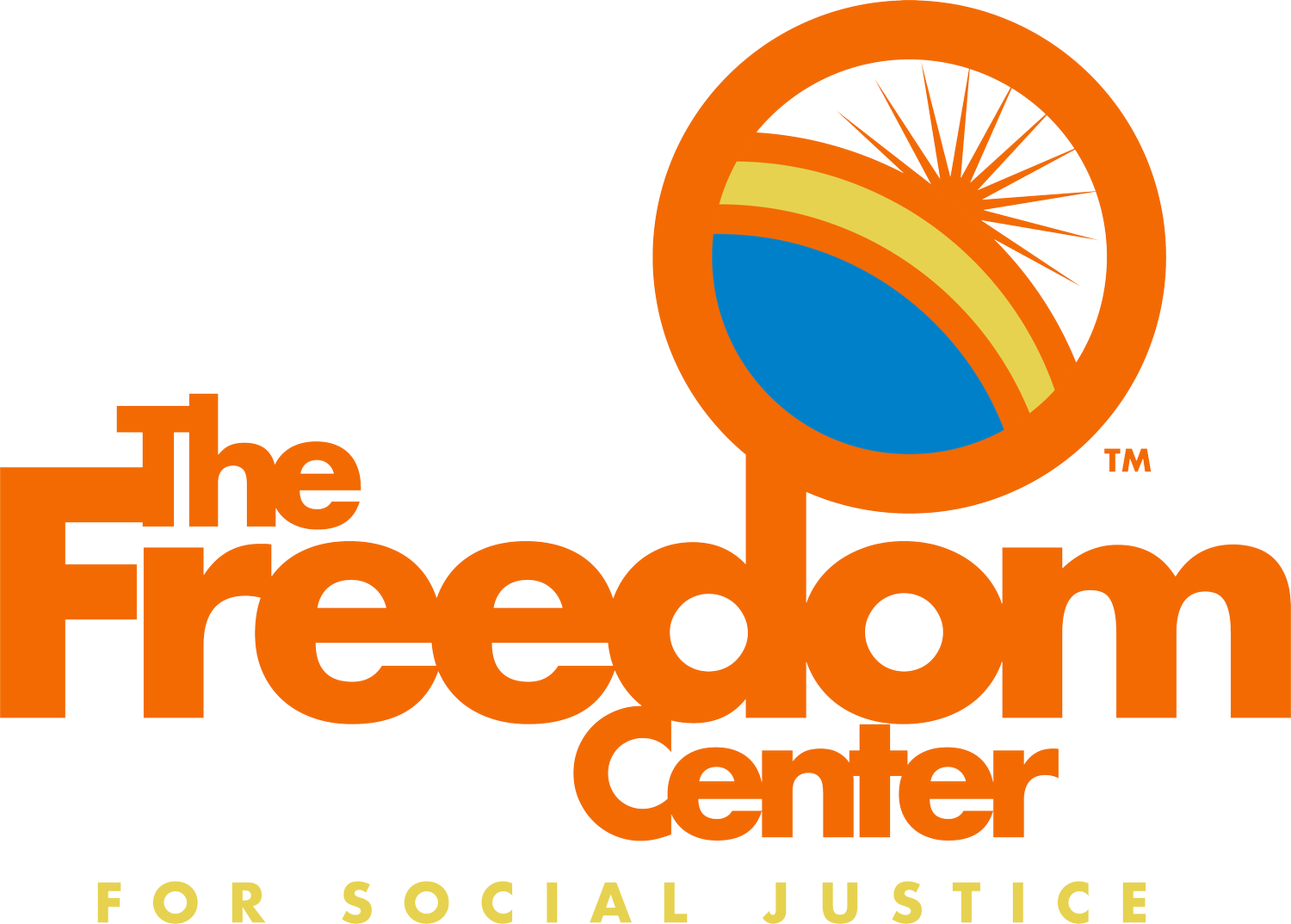Queering Solidarity
The Power of Solidarity in LGBTQ+ and Labor Movements
Liberation Is An Intersectional Journey
In recent years, the intersection of labor and LGBTQ+ rights has become an essential aspect of the fight for justice, equality, and fairness. We recognize that the struggles for worker rights and the rights of the LGBTQ+ community are inextricably linked. We understand that true liberation is not limited to any single group but requires the collective power of marginalized communities coming together.
The labor movement has historically been a force of change, advocating for fair wages, safe working conditions, and the right to unionize. Similarly, the LGBTQ+ rights movement has sought to secure equality, safety, and dignity for individuals whose identities have long been oppressed. At the intersection of these movements lies the potential to fight for justice for all. Whether it’s advocating for better workplace conditions, fighting for gender and sexual identity protections, or calling for economic equality, both movements have a shared vision of building a more inclusive and equitable world.
For LGBTQ+ individuals, the workplace has been a place of intense struggle, with many facing harassment, discrimination, and violence based on their identity. Employment discrimination remains one of the most significant barriers to economic security for many in the LGBTQ+ community. However, LGBTQ+ workers are not just individuals facing oppression in the workplace; they are also members of the labor force, engaging in the fight to achieve rights, protections, and a better quality of life. By acknowledging this intersection, we can understand that the fight for LGBTQ+ rights and labor rights should never be isolated but must be fought together.
It is imperative that we recognize that the path to equality is not singular. The LGBTQ+ movement has often been led by brave individuals who have faced the unique burden of navigating multiple types of oppression such as race, gender, class, or ability. Likewise, the labor movement has historically been shaped by these same intersections, with many workers who identify as LGBTQ+ also struggling against systems of class based exploitation, racism, and gender inequality.
As a society, we can no longer afford to ignore these intersections. It is essential that we work build bridges between the fights for queer liberation and economic justice, as their challenges are linked. Whether it is access to healthcare, a living wage, or the right to be free from discrimination, the collective fight for equity requires that all these issues be addressed simultaneously.
One of the most significant barriers that LGBTQ+ workers face is the prevalence of workplace discrimination. While many legal protections exist, the experience of discrimination on the job still persists. Almost 50% of LGBTQ+ workers have reported experiencing discrimination or harassment at work, with transgender and non-binary employees reporting workplace mistreatment even higher.
This reality highlights the importance of labor unions in advancing the rights of LGBTQ+ workers. Unions have the potential to provide critical protections by negotiating strong workplace policies that include non-discrimination clauses, promoting equitable hiring practices, and offering benefits that are inclusive of LGBTQ+ individuals and families. But labor unions are not just about workplace protections, they are about building collective power that fights for economic justice. When LGBTQ+ workers organize and join unions, they are not only securing the right to equal treatment but they are also helping to build a stronger, more inclusive labor movement.
We have to work to expand LGBTQ+ inclusion within unions and labor movements. One notable example is Pride at Work, part of the American Federation of Labor and Congress of Industrial Organizations (AFL-CIO), who has helped to make labor unions more welcoming and inclusive spaces for LGBTQ+ individuals. The work of the Union of Southern Service Workers (USSW) advocates for worker rights at the intersections of race, class, and sexual identity. Supporting organizations such as these serves as a model for how LGBTQ+ rights and labor rights can align and reinforce one another.
The true power of the LGBTQ+ and labor movements lies in the strength of their solidarity. Solidarity means standing together, working together, and fighting for each other’s rights. It means recognizing that the fight for fair wages, safe working conditions, and social justice is not separate from the fight for LGBTQ+ rights but it is one and the same.
Solidarity is the cornerstone of meaningful progress. By joining forces with labor organizations and advocating for both LGBTQ+ rights and worker rights, we are building a powerful movement that unites individuals across identities, backgrounds, and industries. This solidarity transcends the workplace and extends to our communities, as we continue to push for policy changes that protect the most marginalized.
The work is far from over, but with each effort, we move closer to building a society where LGBTQ+ individuals and workers are valued, respected, and treated with the dignity they deserve. By working together, we will continue to advance the cause of freedom, equity, and liberation for all.

